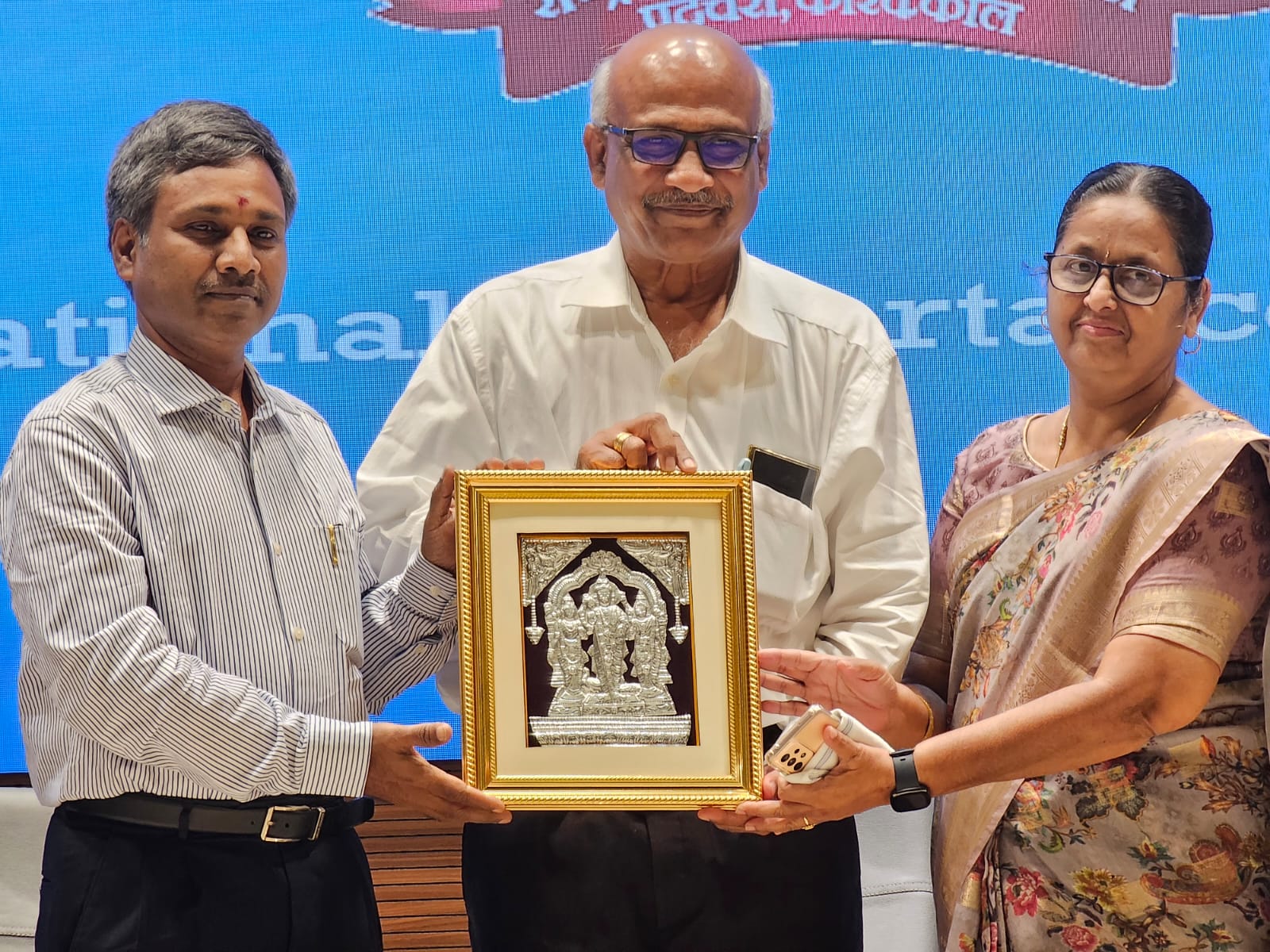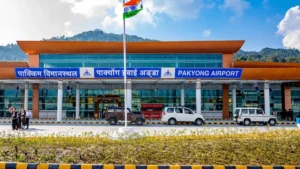The National Assessment and Accreditation Council (NAAC) recently announced the appointment of Prof Ganesan Kannabiran as its new director. The appointment took place on July 28, as per the official statement from NAAC. Prof Kannabiran brings with him a rich experience of over 30 years in the education sector, having served as a senior professor of Information Systems at the National Institute of Technology (NIT), Tiruchirappalli. Throughout his career, he has held various leadership positions, including the Dean of Research and Consultancy, and Director-in-Charge at NIT Trichy and NIT Puducherry.
Contributions at Indian Institute of Information Technology, Andhra Pradesh:
From 2018 to 2023, Prof Kannabiran served as the founding director of the Indian Institute of Information Technology, Andhra Pradesh. During his tenure, he played a pivotal role in implementing the National Education Policy at the institute and worked towards fostering community development by promoting engagement with neighboring villages.
Academic and Professional Accomplishments:
Prof Ganesan Kannabiran has earned recognition and acclaim for his contributions to the field. He has been the recipient of prestigious fellowships, including the Commonwealth Professional Fellowship, Fulbright Fellowship, and British Council Study Fellowship. Furthermore, he has undertaken various projects for prominent organizations such as the Ministry of Electronics and Information Technology (MeitY), the All India Council for Technical Education (AICTE), the Department of Science and Technology, Government of India, and UNESCO.
Diverse Research Interests:
Prof Kannabiran’s research interests span a wide range of subjects, including computer-based learning, industry 4.0, entrepreneurship development, gender equality, and data privacy, among others. He specializes in software engineering, software project management, IT consulting, and business analytics, showcasing his expertise in multiple domains.
Entrepreneurial Initiatives:
Beyond academia, Prof Kannabiran has displayed a keen interest in entrepreneurship and has founded two companies: Centre for Entrepreneurship Development and Incubation (CEDI) at NIT Trichy and Gyan Circle Ventures at IIIT Sri City. These companies are dedicated to supporting and nurturing aspiring entrepreneurs.
Academic Qualifications:
Prof Ganesan Kannabiran holds a Ph.D. in Information Systems and possesses three Master’s degrees in Computer Science and Engineering, Business Administration, and Mathematics, demonstrating his multidisciplinary approach to education and research.
National Assessment and Accreditation Council (NAAC): Key Points
-
Introduction: The National Assessment and Accreditation Council (NAAC) is an autonomous body established by the University Grants Commission (UGC) of India. It was founded in 1994 with the purpose of assessing and accrediting institutions of higher education in the country.
- Mandate: The primary mandate of NAAC is to assess and accredit higher education institutions (HEIs) in India to ensure quality and promote excellence in education. Accreditation by NAAC is voluntary, but it has become an essential process for institutions seeking recognition and funding from various government bodies.
- Accreditation Process: NAAC evaluates HEIs based on a set of well-defined criteria and indicators, covering various aspects of institutional performance. The assessment is carried out through a rigorous peer review process, where a team of experts visit the institution and assess its performance against the established criteria.
- Grading System: The NAAC assessment results in a grade awarded to the institution, ranging from ‘A++’ (highest) to ‘C’ (lowest). Institutions that do not meet the minimum criteria receive an ‘Unaccredited’ status.
-
Parameters for Assessment: NAAC’s assessment framework includes key parameters such as Curricular Aspects, Teaching-Learning and Evaluation, Research, Consultancy, and Extension, Infrastructure and Learning Resources, Student Support and Progression, Governance, Leadership, and Management, and Innovations and Best Practices.




 Google Launches Nano Banana 2 Powered by...
Google Launches Nano Banana 2 Powered by...
 Pakyong Airport to Be Renamed After Free...
Pakyong Airport to Be Renamed After Free...
 Ashwini Vaishnaw Launches Rail Tech Poli...
Ashwini Vaishnaw Launches Rail Tech Poli...








